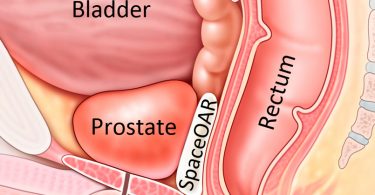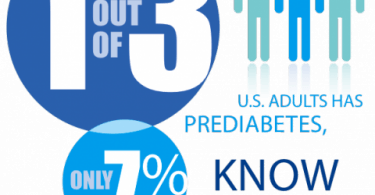Prevalence of Prostate Cancer According to The American Cancer Society, prostate cancer is the second most common cancer affecting men. Skin cancer is number one. While prostate cancer is typically not deadly for the 165,000 men...
An Insulin Resistance Diet Corrects Underlying Health Concerns
Use An Insulin Resistance Diet For Insulin Resistance Medical Conditions
An insulin resistance diet corrects health issues caused by high insulin levels. The link between insulin, diabetes and breast cancer is just the tip of the “health iceberg”. High insulin levels are associated with the manifestation and prognosis of various health concerns. These include:
5. diabetes;
7. obesity;
8. high blood pressure (kidney damage, heart disease risk);
10. high levels of triglycerides (liver damage, heart disease risk);
11. low HDL (good) cholesterol (liver damage, heart disease risk);
12. heart disease;
13. high C-reactive protein levels (heart disease, inflammation);
14. polycystic ovarian syndrome (PCOS);
15. inflammation;
16. infertility;
17. aging. Low or normal values for (1) fasting insulin levels; (2) fasting glucose (3) triglycerides (4) body fat (around your organs) are known to delay the aging process.
High Insulin Levels Affect Children
High insulin levels affect children too! Common medical issues associated with high insulin levels are:
1. overweight;
2. diabetes;
3. metabolic syndrome;
4. high homocysteine levels (a risk factor for heart disease and stroke);
5. high LDL (bad cholesterol);
6. Non-alcoholic fatty liver disease;
7. acanthosis nigricans (a brown or black velvety color on the skin).
Test Insulin Levels
If you have any of these conditions or you have a family history, get insulin levels tested! You can learn more details about insulin resistance and normal levels here.
It's prudent to check insulin levels at routine doctor visits. The best times to check insulin levels are fasting and after eating. Also, ask for a glucose tolerance test with your insulin checkup. Eat a ketogenic diet or very low carbohydrate/low glycemic foods. They will help control insulin levels.
Read More: Ketogenic Diet and Insulin Resistance
Foods To Avoid On An Insulin Resistance Diet
We know that some carbohydrates are converted to sugar rapidly in our bodies. With this, insulin is automatically released to bring blood sugar down. Avoid foods that have this effect on the body. The goal is to minimize insulin release. You can do this by avoiding foods that spike insulin levels. These are:
1. Sugar, sweets, desserts and commercially prepared foods. These contain partially hydrogenated oil, high fructose corn syrup or corn syrup, maltodextrin, sugar
2. High glycemic dried fruits, starches and carbohydrates. These include potato, pasta, rice, cereal, granola, fruits (raisins, banana, grapes, mango) bread and bread products.
3. Large meals.
A nutrition team at the University of Connecticut has supporting evidence of the link between eating high carbohydrate food and insulin responses
Foods to Eat On An Insulin Resistance Diet
Help yourself live a healthy life. Eat foods that don't provoke blood sugar spikes. This will help keep insulin levels in the normal range. Good food choice includes:
1. Non-starchy vegetables: These include lettuce, cucumber, mushroom, celery and salad veggies.
2. Protein: fish/shellfish, poultry (duck, turkey, chicken, ostrich, pheasant), meat (wild game, steak, burger, ribs), pork.
3. Nuts, seeds and nut butters: Consumer these in small amounts. Follow portion guides.
4. Low glycemic fruit: Limit these to not more than one serving 1x/day.
6. Fats: These include shredded coconut, avocado, olives, real butter, ghee and a variety of oils.
Insulin Resistance Diet Wrap up
Insulin is a common denominator in many health conditions. An insulin resistance diet can help increase longevity and quality of life. It may even save your life.
Related Articles
The Pre-Diabetes Truth
Pre-diabetes is NOT a mild form of diabetes. It is both its own medical condition and the second stage of five diabetes stages. Learn why normal blood sugar is important for pre-diabetes.
Insulin's Immense Role in Metabolic Overdrive (MO)
If you test normal on your blood work but you answered yes to any of the questions on the insulin quiz, you may be developing an insulin issue that is not yet extreme enough to be detected. If you make no changes to your...
Strip Tease The Sugar Out of Your Diet
Bet you don't know just how much sugar you eat. Find out and strip it from your diet if you want to live a long healthy life.




